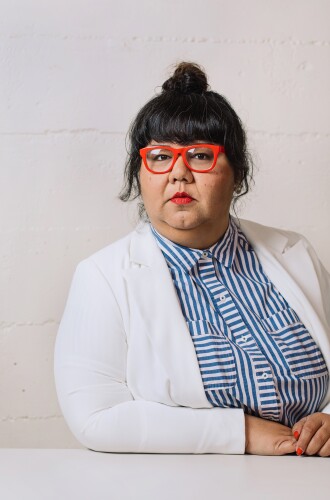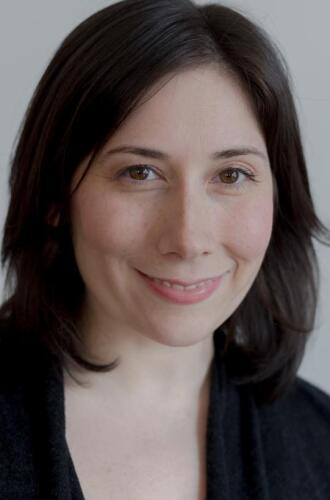“Bodies that look like this, also look like this!” Remember that TikTok sound? It was often accompanied by a relatively thin white woman posing in a flattering way, then contorting her body to reveal one or two small stomach rolls. The idea behind the social media trend was to promote body positivity, or the radical love of your body, but instead it de-centered fatness and Blackness from a movement rooted in those identities.
In response, another way of thinking about our bodies gained traction. Body neutrality, or the mindset that your body is not good nor bad, but just “is,” helps folks move from a bad relationship with their body to one that is peaceful. But for others, body positivity is an act of rebellion that allows them to celebrate the fat, Black or brown, disabled bodies that society told them to hide. Whichever approach suits you, both are ways to fight anti-fat rhetoric on a personal and societal level.
Body neutrality allows people to say: My body just is. And as it is, it deserves rights. So I want to fight for my rights. But I might be doing that on a day when I don't feel that great about my body.- Tigress Osborn
Host Anita Rao examines these entry points to the fat liberation movement and the evolution of body positivity and body neutrality with , and . Tovar is a fat activist, host of the and author of “.” Osborn is the chair of the board of directors for the . And Bisbing is a psychotherapist and co-founder of , a research-informed resource for those who want to foster a body-positive next generation.
Interview Highlights:

Virgie Tovar on when her relationship with her body changed:
I think the biggest turning point for me was being introduced to fat liberation ideology and fat activism. I was in graduate school researching the long term effects of wage discrimination on gender development and women of color and, as part of the literature review research process, I sort of landed, really luckily, learning about that activism — and it really blew my mind. I had been a feminist; I had been anti-racist; I've been an activist since I was 18 years old, and yet, you know, at no point anybody told me: It's okay to be fat, right. Like, I mean, I've literally had gone through the process of radicalizing around being a person of color, radicalizing around being a woman and sort of being woke around being a woman and all these kinds of things. At no point has anyone ever told me it's totally fine and normal to be fat, and this was really that moment when I was introduced to that activism.

Tigress Osborn on the limits of body neutrality:
I think for fat people the one challenge — and I think for other people in marginalized bodies — one challenge of body neutrality is there are definitely spaces where I don't want people to be neutral. I want people to be fat positive, I want people to be fat aware. So for example, I want my doctor to be be neutral in terms of deciding what tests to give me or things like that, but I want him him or her or them to be fat aware when they're doing things like making sure they have equipment that fits my body, or making sure that there's space for me in the waiting room where I can sit down because the chairs don't all have arms or only hold people who weigh 150 pounds, right. There are times when specific body awareness is really necessary and body neutrality — when you get into the more political aspects of bodies and the access issues around bodies — has a danger to be a little too sort of like: We are all the same.

´Ü´ÇĂ« Bisbing on having conversations early with children about body positive representation:
When they go out into the world and inevitably face either, you know, bullying directed at them, or they observe fatphobic comments being made, whether it's on a TV show, or between kids on the playground — and we want those kids to be able to come to us either with their pain of what they're experiencing, you know, and/or with something they're observing that feels messed up to them. And we want to plant seeds so that they know something's wrong with that. And that I think it's like that twofold thing: one, making sure that home looks like a place and sounds like a place that really is different from most of the spaces they're going to walk through in their life, so that they have a template for what we want them to ultimately build.




